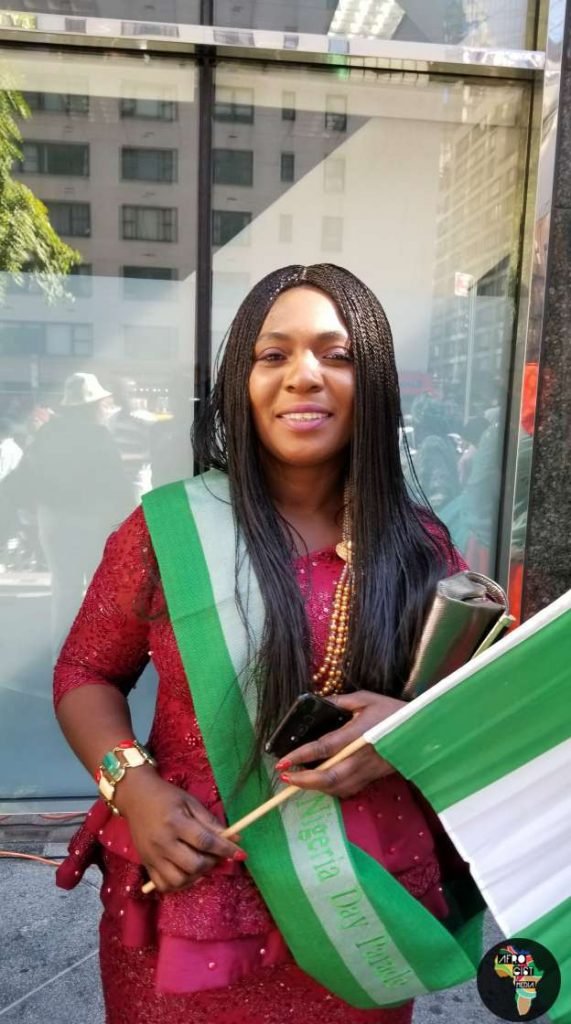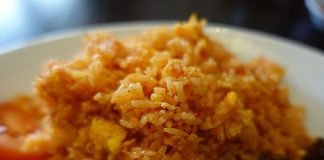The citizens of four African countries, including Nigeria, which is considered the most populous country in Africa, are now on the list of America’s travel ban. This recent announcement by Trump’s administration is new and shocking to most people as Nigeria seems to have maintained a warm relationship with the United States all along.
Eritrea, Sudan, and Tanzania are also countries found on the list. These east African countries share a majority of a Muslim population, and by history, Trump’s administration has a thing with the people coming over from Islamic dominated countries. What’s unclear, however, is why Nigeria made it to the list. Islam was not and still not the dominant religion in Nigeria despite the existence of Boko Haram in its Northern part.
Since the departure of Nigeria’s European colonialists – on paper – religious fights, mainly between the Christians and Muslims have always been present. Often, it is almost as ridiculous as if the Nigerian citizens have claimed the national identities of both Israel and Palestine and have chosen the Nigerian soil as the “holy” land to practice war upon. Nonetheless, it is known that religious fights in Nigeria are just another variety of meat in its complex pot of soup of troubles. Tribal conflicts, political divides, foreign meddling, and more are additional vitals.
The US Department of Homeland Security has reportedly stated that the banned countries were added to the list for their failure in US standards of security and reporting. But, could there be anything else behind this decision? Are these standards met in Cameroon or Mali?
When politics and tribal feud are removed, no Nigerian, broadly speaking, truly wants to die in the name of religion, unless the person is smoking something. The memory of African traditional religions passed on from their ancestors, from centuries ago, still, run in their veins despite the imposition and lure of new secular faiths. In the same vein, the promise of fortune could hardly fly because, again, most Nigerians like to show off and enjoy their money; therefore, if earning money endangers their life, it will not be attractive.
It is, without a doubt, sad that they can’t fix their own home countries, but Nigerians in the US or anywhere in the world always stand tall. They shape any industry they are involved in. Their entrepreneurial drive dubbed them that infamous name in Ghana, Alata, meaning ‘Pepper Seller’. They are known in South Africa as enterprising and aggressively driven to succeed.

Among most Black immigrants from Africa in the US, it’s hard to miss the Nigerians. They assimilate into the American culture very well and quickly, yet they espouse their culture and the values they brought over. Next to the Asians in the US, Nigerians could, indeed, pass the term model minority. Research and statistics show that they are the most educated among all African immigrants and highly educated among all recent immigrants in the US. By all accounts, Nigerians are that ‘poster child’ that the US immigration policies seek.
Generally, the Nigerians are dual, focused, open, friendly, and sharp. Due to these attributes, they are mostly drivers and trendsetters. Every other quality that isn’t listed above is for sure present but needs to be observed in specific individual Nigerians.
In the unified Pan African scheme of things, the Black people born in America have a lot to gain if they tap into key Nigerians attributes as well as other African immigrants’ cultures and values as these are, in the long run, viable in instilling alternative culture aside from POP within the US Black Diaspora. Most of – what we can call – the Black cultures in the United States of America are, unfortunately, not related to them.
It’s the reason why cultural appropriation is always a big thing with the Black community. Blending some of the cultural practices of recent immigrants from Africa, especially those from rich African traditions that somehow manage to stay undiluted by the influence of Arabs and Europeans, is vital for the Black community.

So, how should the Nigerian Americans greet Trump’s ruling? As a threat to their wellbeing? Or see it in good faith as a policy made out to protect the very country they’ve come to live, love and serve?
Your turn: What points above about Nigerians do you agree or disagree with? How do you find this Trump administration policy?
Share your comments.





